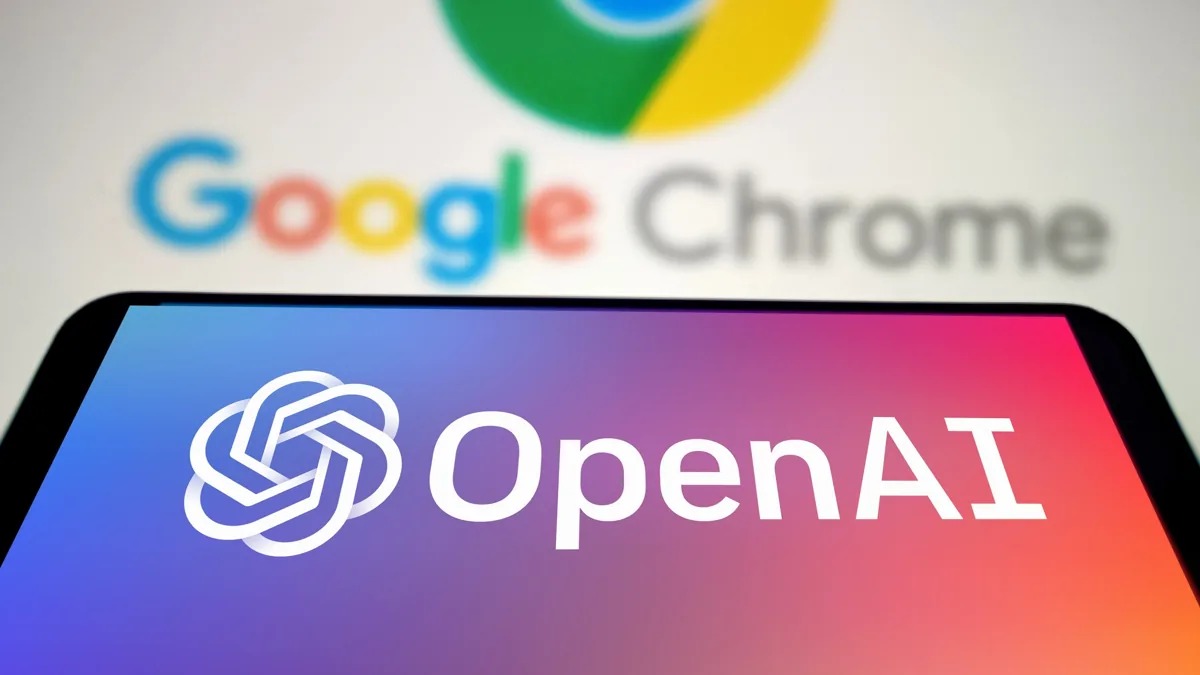"OpenAI" launches a new browser powered by artificial intelligence to challenge "Google Chrome" dominance

Informed sources revealed the intention of "OpenAI" to launch a web browser based on artificial intelligence, in an ambitious move aimed at competing with "Google Chrome," which currently dominates the browser market. It is expected that this browser will be unveiled in the coming weeks, with promises of a radical change in the browsing experience through the integration of artificial intelligence technologies.
The new browser carries capabilities that could pose a real challenge to "Google," especially if it succeeds in attracting 500 million active users weekly, similar to the "ChatGPT" model. The search giant heavily relies on the "Chrome" browser, which is a major source of its advertising revenue, contributing to approximately 75% of "Alphabet's" profits, Google's parent company, thanks to its ability to provide accurate data for ad targeting.
The "OpenAI" browser will feature an interactive interface resembling "ChatGPT", designed to reduce reliance on traditional site navigation, with the integration of artificial intelligence tools like "Operator" to perform automatic tasks such as appointment booking or form filling without the need to open multiple web pages. The browser will also rely on the open-source "Chromium" platform, like its competitors "Microsoft Edge" and "Opera."
However, the road will not be easy for "OpenAI", as "Google Chrome" retains over 3 billion users worldwide, dominating over two-thirds of the global market, while "Safari" from "Apple" lags behind in second place with a share not exceeding 16%.
This launch is part of an expansion strategy for "OpenAI", which previously announced in May the acquisition of "io", a company specializing in artificial intelligence devices, for $6.5 billion. The company was founded by former Apple designer Johnny Ive, in a move aimed at strengthening its presence in multiple technology sectors.
Although "OpenAI" has officially refrained from commenting, observers believe that the company's decision to develop its own browser _instead of attempting to buy "Chrome" in case antitrust laws forced its sale_ reflects its desire to enhance its control over user data. The company had previously shown interest in acquiring the giant browser, but ultimately chose to directly compete, a move that could reshape the browser market map in the near future.